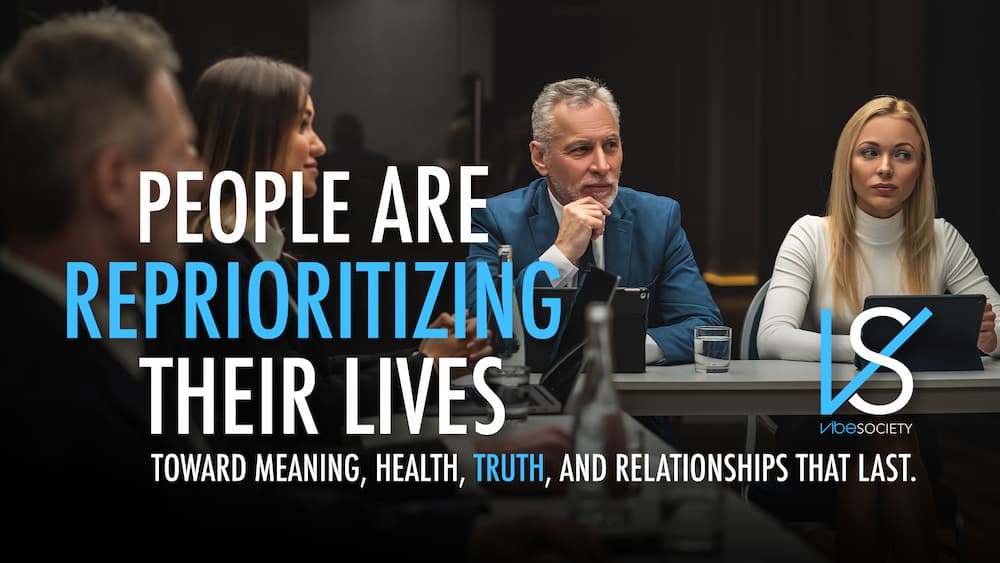It can feel confusing and even discouraging when your mind tries to hold too many thoughts at once and simple tasks slip through the cracks. Many people experience a pattern of fast thinking, uneven focus, and difficulty staying engaged with ordinary responsibilities. This isn’t about laziness or lack of intelligence. It’s about how the mind processes stimulation, novelty, and repetition. Some people naturally engage deeply with what feels interesting or urgent while drifting away from what feels routine.
Researchers have noted these patterns for decades, describing how certain brains respond more intensely to excitement and less readily to monotony. But Scripture takes us beyond scientific terminology and into something far more personal: God created every mind with intention, including the ones that struggle with everyday tasks.
When your mind gets overwhelmed, it can make you question your worth or character. You may wonder why you can focus effortlessly on something thrilling yet struggle with simple chores. But from a biblical perspective, your design is not defective—it is different.
God never intended everyone to operate with identical rhythms of attention. Some minds are steady and linear. Others are fast, intuitive, and perceptive in ways that catch details others miss. The world often labels differences as disorders, but God sees them as variations within His creation. Emotional sensitivity, quick shifts in focus, and a hunger for novelty often come hand-in-hand with creativity, empathy, and deep spiritual awareness.
Daily life, however, can become challenging when your inner world feels chaotic. Tasks that appear small to others—folding laundry, finishing a report, keeping track of appointments—can feel unreasonably heavy. Research shows that minds wired for high stimulation can disengage quickly from routine responsibilities.
This mismatch can lead to frustration at work or school, misunderstanding at home, and exhaustion from trying to keep pace with systems built for brains that operate differently. You might find yourself procrastinating not because you don’t care, but because your mind resists starting tasks that feel flat and lifeless. You may easily lose track of time or switch between tasks faster than you can finish them, leaving you feeling scattered and defeated.
God sees the strain beneath these patterns. He knows how hard you try. He knows the weight of feeling “behind.” And He never measures your worth by productivity. In Scripture, God repeatedly meets people who feel overwhelmed with gentle clarity, reminding them that peace doesn’t come from perfect order—it comes from His presence. When your mind feels overloaded, you’re not failing; you’re being invited into a different kind of dependence. The Spirit teaches self-control not by silencing who you are but by shaping how you move through the world. What feels chaotic can become manageable when guided by grace instead of pressure.
Simple adjustments can help calm the internal noise. Not formulas or rigid systems, but gentle structures that create breathing room. A quieter environment can help your thoughts settle. A consistent place for your belongings can keep small tasks from piling up. Short bursts of intentional effort followed by moments of rest can make the impossible feel possible. These aren’t cures; they are acts of stewardship—caring for the mind God gave you, rather than demanding it operate like someone else’s.
Your relationship with time also matters. Many people with fast-moving minds don’t feel the urgency of a task until the last moment. This isn’t irresponsibility—it’s how the mind processes importance. You can work with that wiring rather than against it by using smaller checkpoints throughout the day. A simple “start for five minutes” approach can bypass the mental wall that forms when a task feels too big. These short beginnings allow you to gain momentum without waiting for panic to push you forward.
Some people find that pairing boring tasks with something enjoyable brings a sense of engagement. Music, movement, a change of scenery—anything that offers a spark can help anchor your focus. Others benefit from removing unnecessary distractions or turning off notifications that pull the mind in too many directions at once. None of these adjustments erase the challenge, but they help shape it into something manageable.
You may also find strength in talking with people who understand your wiring—friends, mentors, pastors, or supportive communities. There is relief in hearing, “You’re not alone,” and freedom in being understood without judgment. Scripture emphasizes the power of companionship because burdens lighten when shared. Sometimes, the most healing moment is realizing that your struggle doesn’t make you a burden; it makes you human.
Growth with a fast-moving mind rarely happens overnight. It unfolds gradually—little by little—as you learn to give attention to the present moment rather than being swept away by pressure. Even small changes can bring noticeable peace over a few weeks. You might not become perfectly organized, but you can become calmer. You might still drift, but you drift less. You might still procrastinate, but you also learn how to return to your tasks without shame.
This journey isn’t about becoming like everyone else. It’s about becoming the healthiest version of who God already designed you to be. Your mind may always run differently from the people around you, but different does not mean damaged. When surrendered to God’s guidance, your quick thinking becomes insight, your intensity becomes passion, your sensitivity becomes compassion, and your creativity becomes a gift that builds others up.
You are not a mistake. You are not defective. You are deeply known, intentionally designed, and entirely capable of living a meaningful, peaceful, fruitful life—with the mind God has given you.









